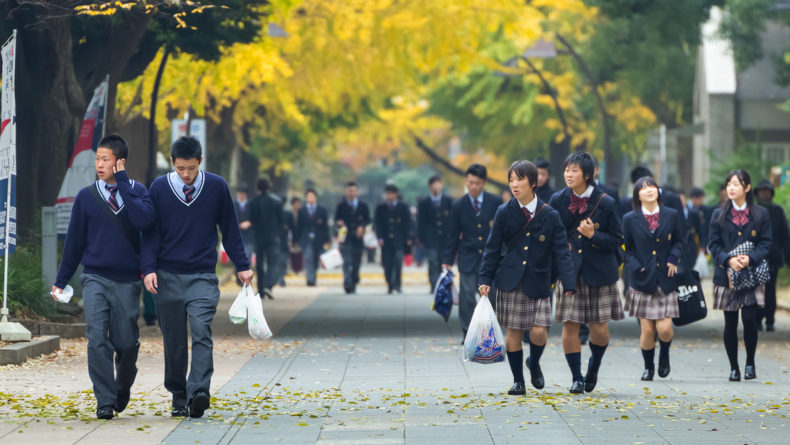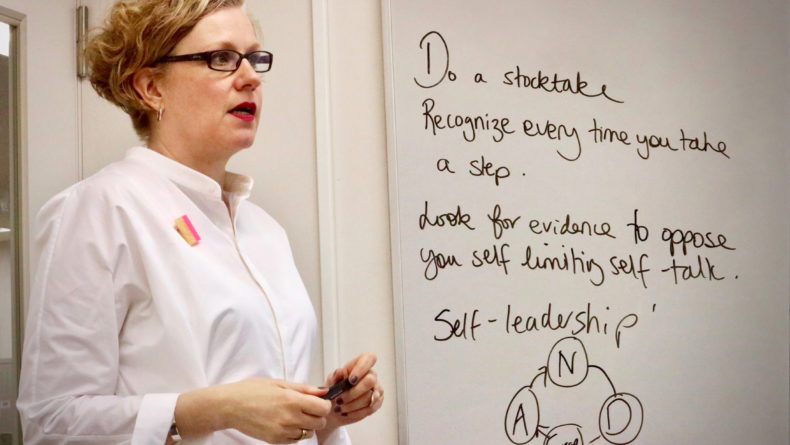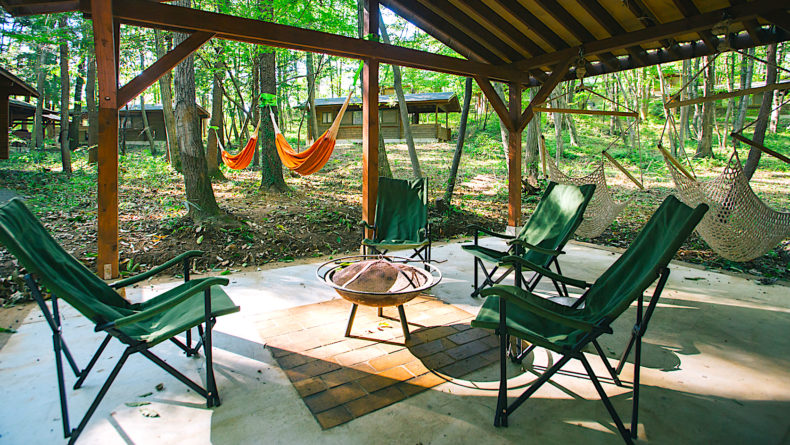Confessions & Confusions: What We Can Do To Help Foster Families
Offering Your Support Can Help More Than You Imagine
Yes, we became parents because we wanted to. But like all other families, we can use some help, too.
Previously, I wrote about my take on the blog of a foster mother, Sharon Astyk, “What foster parents wish other people knew.” In this article, I go through Astyk’s advice on what we can all do to help foster families.
Supporting parents who foster children is not only a way to improve someone’s day, but also a way to raise awareness about fostering — one of the few ways through which children, whose parents couldn’t continue raising them, find new homes. And just like any other families, we need support as well. So, without further ado…
1. Treat foster parents with a new placement the way you would a family that just had a baby
Astyk recommends offering to help with meals, helping out with other children, or lending a hand in some way. For an older parent like me, coming over to help the kids expend energy would be awesome. We have the cooking down, but as my husband and I both age, it’s harder to be active (well, mostly for me).
2. Offer up your children’s outgrown stuff
This is generally for people who are fostering many kids who come and go, but for me, I enjoy taking Natsumi to Uniqlo and buying her things there. She is very sporty, but likes cute things, too. A few years ago, I bought, for my son, for a mere ¥10,000, several boxes of different sizes of good quality used boys’ clothes from a friend in another prefecture. We still have enough for another couple of years. Personally, since our daughter will be staying for a while, this is not really an issue for us, but could be for other foster families.
3. Be an honorary grandparent, aunt or uncle
Astyk recommends this as kids need as many role models and special people in their lives as possible. I agree. As mentioned above, I would also like honorary big brothers and sisters to play with my kids.
4. Become a respite provider. Offer to babysit
Astyk recommends taking the foster kids away for a week or weekend so parents can take a break. This is harder to do in Japan where obligations are taken seriously and babysitting is not really a thing. But if you have kids and wouldn’t mind more for an overnight, you’d be doing the parents a big favor. I can count on one hand, without using all fingers, how many dates my husband and I have had since our son came into our lives eight years ago!
5. Be a big brother, sister, or mentor to foster kids
This is a big one, because as Astyk says, “preteens and teens need help imagining a future for themselves.” I have hired a tutor from among my university students for my kids and they love him – he eats meals with us and is part of our family on the days he helps the kids with schoolwork and I hope he is also helping them envision a future of themselves in which tertiary education plays a part. Not only that, he’s a good person, so I hope their view of people will be positive.
6. Be an extra pair of hands when foster families go somewhere challenging
For Astyk this means offering to go to an amusement park, church, or the playground. Especially if the family has special needs children, or many foster kids, extra hands are very welcome. Because our kids are older and more independent, that isn’t a problem, but when Natsumi first arrived and things were unstable for a bit, it would have been helpful.
[I]f you know someone who has foster kids, please ask if [they] need anything and what you can do for [them].
7. Support local anti-poverty programs with your time and money
Astyk says that these resources help foster children when they return to their birth families. This is not an issue for us, but we would encourage people in Japan to find out where the orphanages are and donate time, clothes, or toys. I have a friend in my prefecture who does activities to raise money for local orphanages and I think that’s great. (By the way, don’t bring food – they won’t take it).
8. Make programs for kids with disabilities and challenges
This is happening in Japan, slowly and sure, I’m happy to say. My husband is a volunteer for a soccer club for people with cognitive and physical challenges. By actively taking part and organizing such events, you will indirectly teach your children that everyone has abilities in different areas and that everyone is unique. It will also teach them that some children need more help or time doing some activities that are easy for them.
9. Teach your children to be welcoming, inclusive, kind, and non-judgmental
I agree heartily with Astyk that “bullying, unkindness, and exclusion are never ever ok.” This is a tough one in Japan where we all know the saying “the nail that sticks up will be hammered down.” However, fortunately, more people and the media are raising awareness of fostering and adoption (and bullying), so there is hope for the future. But what we can all do is to provide education to our children that teaches them to be welcoming and kind to others, regardless of racial, character and other differences.
10. Welcome foster parents into your community
This is hard to do in Japan where a lot of people are secretive about fostering and adoption because there is still a culture of shame and ignorance about them. However, if you know someone (like me) who has foster kids, please ask if we need anything and what you can do for us. As I said, my husband and I could really use a night out together!
11. Reach out to families in your community that are struggling
In this point, Astyk is trying to help prevent children from going into care in the first place. She says “lack of community ties is a huge risk factor for children coming into care, so make the attempt.” Again, because people tend to keep to themselves in Japan, this may be hard to do. Another factor is because of the reciprocal nature of relationships in Japan, it may be difficult for someone to accept your help without feeling obligated to repay you in some way. But that shouldn’t be insurmountable. Since more children in Japan are institutionalized than in care, as I said above, find out where the institutions are and see what you can do.
“Confessions & Confusions” is Melodie Cook’s regular column on adoption and fostering in Japan. Here, she answers questions from potential adoptive or foster parents, those who have already been through the system or any parents who just need to let off some steam. Got a question? Leave a comment or send us an email at editorial@gplusmedia.com.
















Leave a Reply